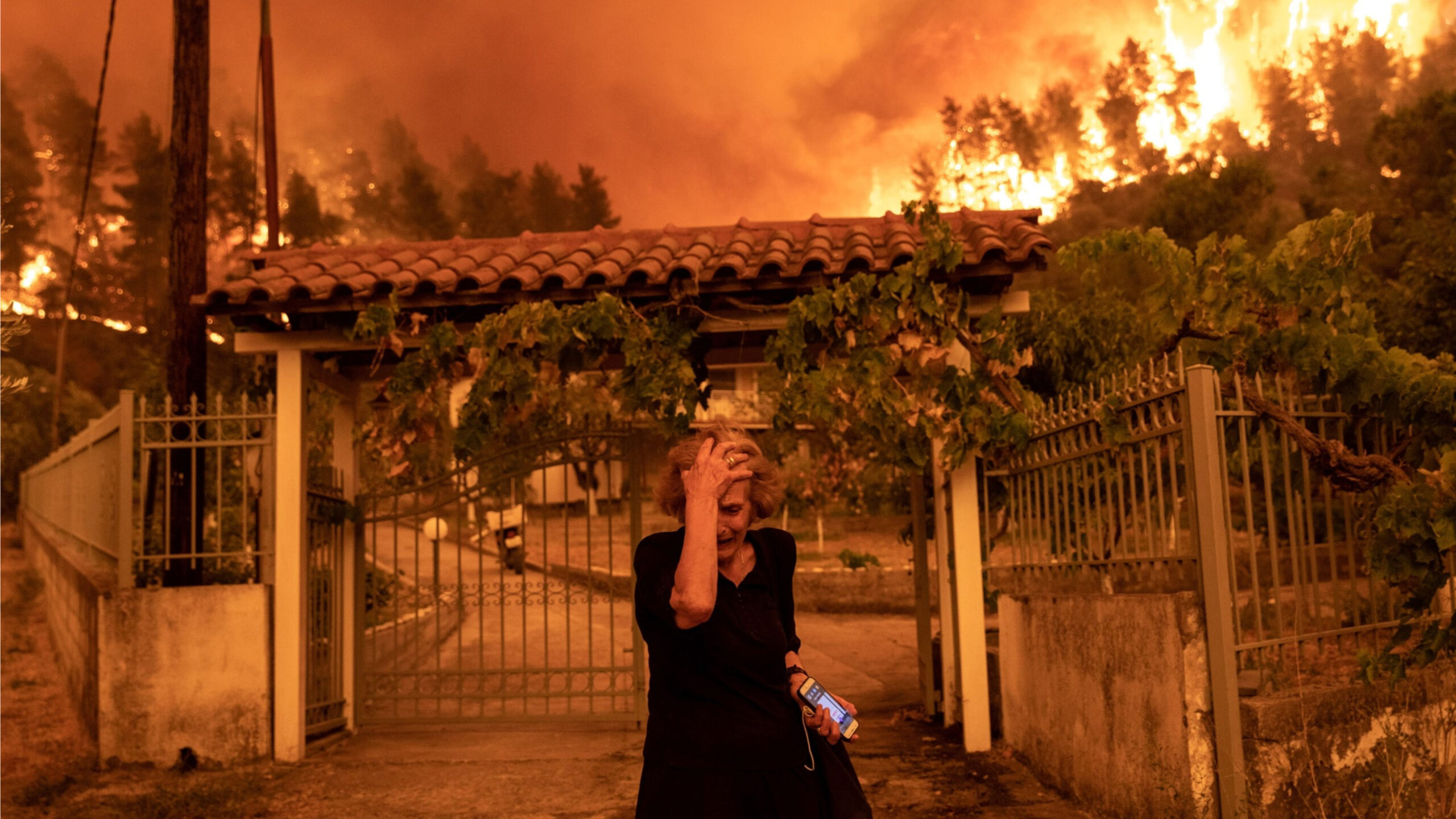

The latest edition of our Sustainable Views newsletter
I hope you all had a great Easter weekend.
Pressure to green the economy and protect nature, without impacting competitiveness, is a constant source of tension.
Today’s Financial Times brings news Dutch politicians are calling for European Commission president Ursula von der Leyen to publish the blueprint she has requested from Mario Draghi, former Italian prime minister and president of the European Central Bank, on how the EU can improve its industrial competitiveness while pushing forward with the green transition, ahead of the European parliament elections. The Dutch, writes the FT, believe people need such information before voting in June.
In Sustainable Views, Fiona Carlin, head of EU competition and regulatory affairs at Baker McKenzie in Brussels, argues the commission and national governments need to listen more to business concerns about increasing amounts of legislation aimed at protecting nature, the climate and people.
Carlin argues the EU Green Deal has led to a “veritable tsunami” of regulation. “The commission has been given little time to draft and adopt a broad array of complex secondary implementing legislation, and arguably this has allowed insufficient oversight, and little focus on the cumulative macroeconomic impact and the overall costs of compliance,” she says.
At the same time, the costs of climate change to the economy are growing. According to the European Environment Agency, weather and climate-related extremes caused economic losses of assets in the EU of around €59.4bn in 2021 and €52.3bn in 2022. And these costs are unlikely to fall “as severe weather and climate-related extreme events are expected to intensify further”, it adds.
How to best reconcile climate action and competitiveness, especially given current geopolitical tensions, will continue to be a heated discussion that will need examining with a cool head if the best solutions are to be found and implemented.
Meanwhile, Alex takes a look at the data showing a significant increase in the number of private capital funds with climate-related names since the turn of the decade. Many of these funds are concentrated in high-emitting sectors, but since industrials and utilities will need huge investments to transition, is it really misleading if these funds include the word “climate” in their description?
Andréa Hernandez, research analyst at Reclaim Finance, says: “The lack of regulatory standards for ‘sustainable’ and ‘climate’ claims mean that it is often difficult to know whether or not funds are genuinely offering a product that benefits the climate.” The non-profit wants European regulators to “introduce minimum criteria for all funds that make such claims, and to also apply these criteria to private markets”.
Thomas Leys, investment director at asset manager Abrdn, offers a different analysis. “What would have a greater real-world decarbonisation impact: a ‘low-carbon’ portfolio entirely invested in banks and tech companies, or a ‘high-carbon’ portfolio that is invested in EVs, renewables and building insulation?” he asks. “The focus on Scope 1 and 2 emissions is myopic and may achieve decarbonised portfolios, but not a decarbonised economy. This approach also pulls capital away from sectors that need it to transition their businesses.”
Finally, apologies for the typo in my last newsletter where I suggested the French managed to sate their love of meat by consuming a miserly 4.9kg of it a year. I should have written a much more substantial 84.9kg.
Until tomorrow,
Philippa
Philippa Nuttall is the editor of Sustainable Views
Similar Articles

Editor’s note: tariffs and trade policies

Editor’s note: biodiversity, breakdown and batteries


